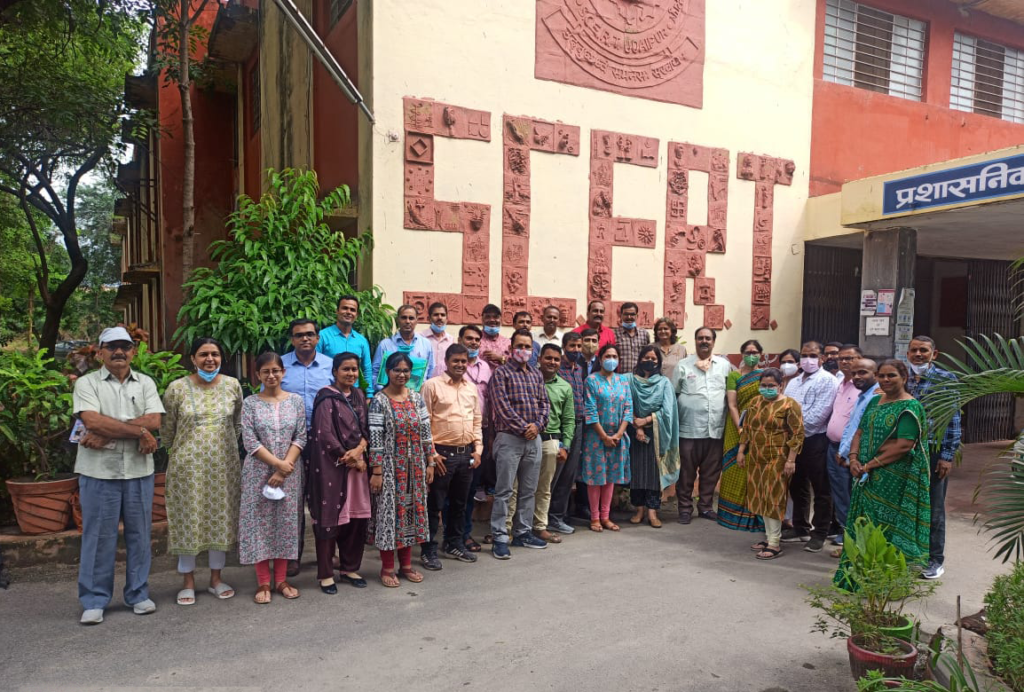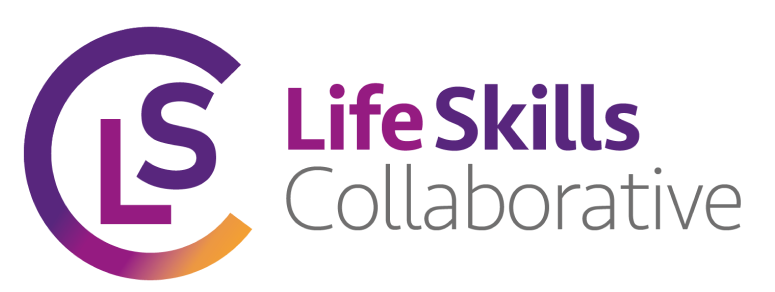- /
- /
- /
-
LSC’s assessment tools get a thumbs up in Rajasthan
LSC’s assessment tools get a thumbs up in Rajasthan

‘The tool is comprehensively linked to life skills, easy to understand, and easy to assess.‘ Bharat Bunkar, GUPS Arniya, Banswara
‘The tool appears to be objective, valid, and in line with the research parameters.’ Dr. Tanmay Paliwal, DIET Nathdwara, Rajsamand
The Life Skills Collaborative (LSC) hosted a three-day “Assessment Tools Validation” workshop at the Rajasthan State Council of Educational Research and Training (RSCERT) office, Udaipur, Rajasthan, from September 20-22, 2021. The assessment tools are created by LSC collaborators to assess the future readiness and wellbeing of students along with assessing teachers’ readiness to transact life skills education to students. These tools were well received and were applauded for their effectiveness. The tools were evaluated by 18 experts (from various DIETs and school teachers across Rajasthan) and RSCERT officials.
During the workshop, experts were briefed on the assessment tools – their purpose and applicability. The first session of the workshop involved LSC collaborators’ presentations on assessment tools’ design approach and the tool creation process. The latter half of the workshop entailed detailed group discussions and insightful conversations on all items in the tools, to provide in-depth review, assessment, validation, and feedback on the practicability of the assessment tools.
The Assessment Tools
The LSC collaborators created a set of assessment tools that chart the future readiness and wellbeing of students (11-18 years) and teachers, and assess teachers’ knowledge and capacity to implement life skills.
Future Readiness Tool: Created by Center for Science and Student Learning (CSSL), this tool assesses the life skills associated with future readiness in students. The skills assessed under this tool range from thinking, relationship to leadership and entrepreneurial skills.
Wellbeing Tool: A brainchild of Dream-a-dream, this emotional and well-being tool assesses the student’s social-emotional and personal wellbeing.
Teacher Tool: Created by International Center for Research on Women (ICRW), the tool gauges the teachers’ ability to function as life skill educators, facilitators and role models. The outcomes assessed include teachers’ knowledge, their perspective, instructional preparedness, and pedagogical approach.
Feedback on Assessment Tools
LSC received positive feedback on the nature, rigour, and research processes, which is an integral part of the creation of the assessment tools. Government experts shared constructive inputs on assessment parameters like language, ease of understanding by students, clarity and relevance with respect to social-cultural context.
These Assessment Tools will be valuable to organisations that work with students and teachers in the area of Life Skills. We believe the assessment tools and the feedback from experts will lead the way in designing life skills interventions or state-specific curricula that centre around life skills.



